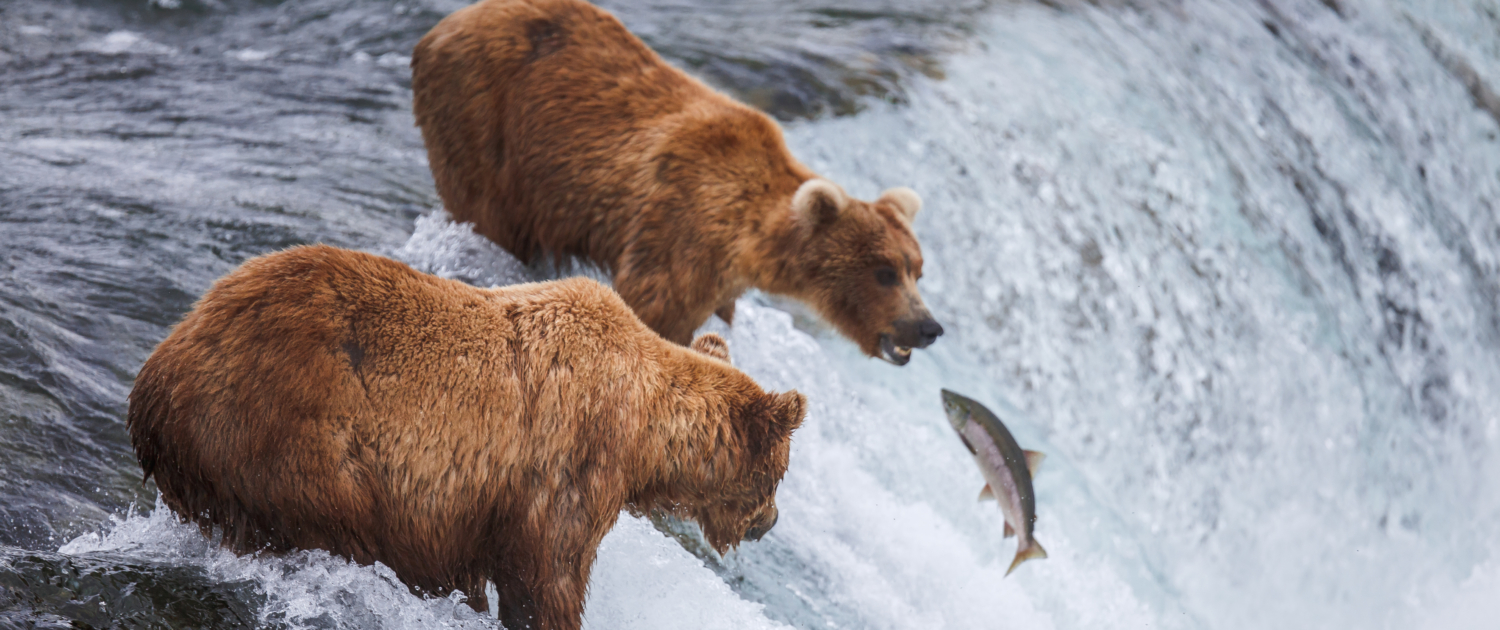About – First Nation Adapt Program
About the program
This program funds First Nations-led climate change adaptation projects across Canada for communities and organizations located south of the 60th parallel to assess and respond to the impacts of climate change, and increase climate resilience, in support of self-determined priorities. The program accepts project proposals year-round.
The program works with First Nations to identify context-specific priorities for climate change adaptation projects. Priority areas identified through discussions with First Nations include sea level rise, flooding, wildfires, drought , winter road failures, risks to archaeological and cultural sites, forestry and fishery management, water source vulnerabilities and other emerging priorities.
The program can fund the following types of projects:
- risk assessments of climate change impacts
- identification and assessment of adaptation options
- small-scale implementation of adaptation actions (maximum $250,000)
- development of tools to support climate change adaptation planning
Examples of eligible activities for funding include:
- supporting community discussions on climate change adaptation
- gathering and/or utilizing Indigenous Knowledge or science-based data
- assessing risks and mapping hazards (including flood maps)
- integrating adaptation options in land-use and/or emergency management planning for communities’ key priorities
- implementing small-scale adaptation options, such as native vegetation planting to support water retention, backflow water valves to reduce flooding, or fuel management to reduce the risk of wildfire on infrastructure
Want to discuss a project idea?
If you have a project idea but are not sure where to begin, we would be pleased to discuss the eligibility of your project, answer your questions about the application process or provide general guidance about other suitable programs.
Contact us at adaptation@rcaanc-cirnac.gc.ca for more information.
This is not a complete list, and First Nations are encouraged to identify project activities that address their individualized needs. Staff are readily available to help scope out project activities.
Approximately $9.5 million of contribution funding is available annually.
Who can apply?
- First Nation communities
- First Nation organizations including:
- First Nation associations
- Band councils
- Tribal councils
- Self-governing First Nations governments
- other organizations understood to be First Nations in nature
This program supports climate change adaptation projects in First Nations south of the 60th parallel. Northern First Nations looking for funding for their climate change adaptation projects should consult the Climate Change Preparedness in the North Program.
Deadlines
There is no deadline to apply. Applications are reviewed on an ongoing basis.
How to apply
- Review the program funding guidelines and the budget spreadsheet.
- Contact us to discuss a potential project idea.
- Seek and confirm community support for your project with a band council resolution or other proof of community support.
- Contact adaptation@rcaanc-cirnac.gc.ca to obtain a budget spreadsheet (MS Excel) and complete a project proposal as described in the guidelines.
- Submit the project proposal, budget spreadsheet, and band council resolution to adaptation@rcaanc-cirnac.gc.ca


